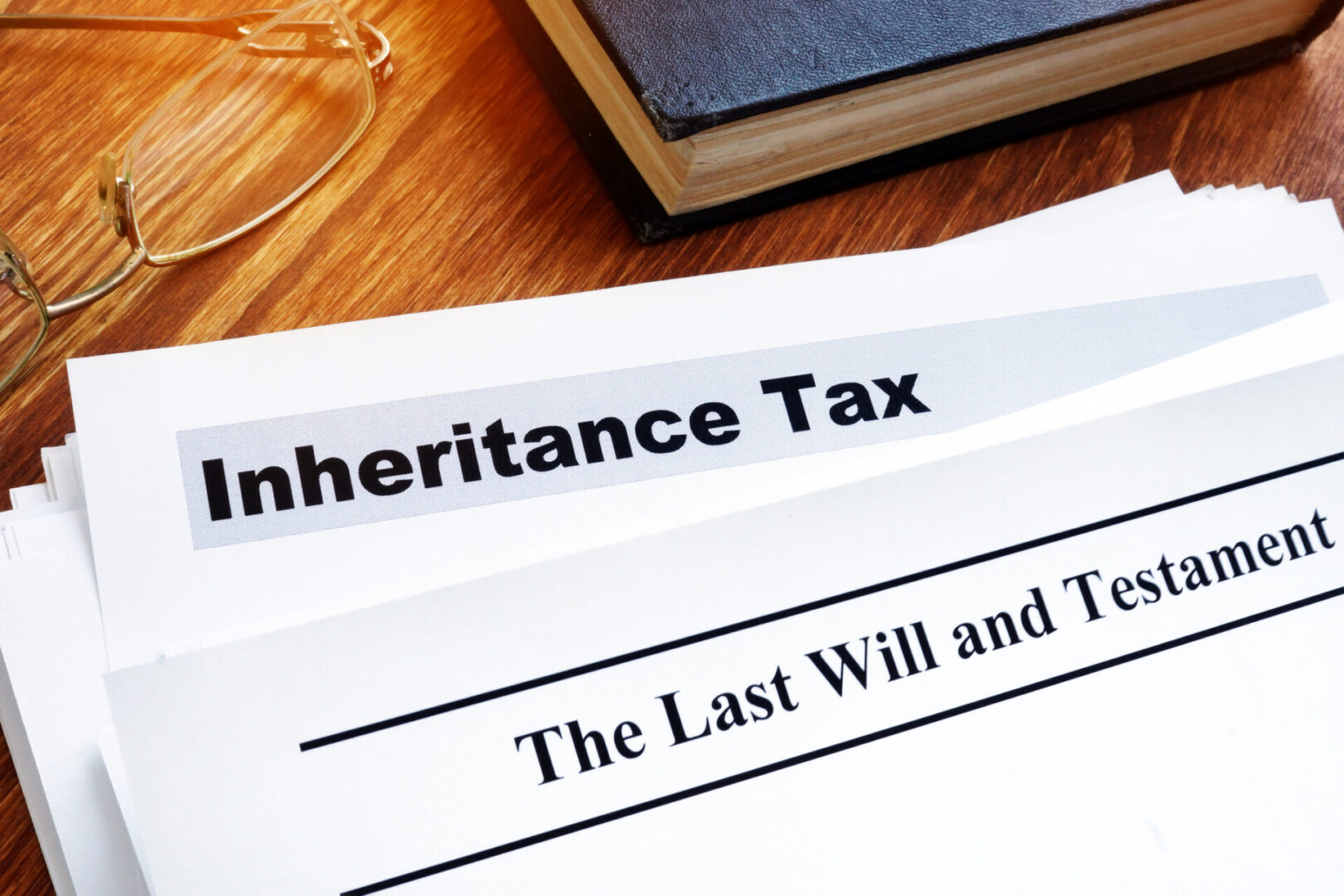
Inheritances
What is Canada’s Federal Income Tax Act?
What Is Inheritance Tax?
In Canada, there is no inheritance tax. Instead, the Canada Revenue Agency (CRA) treats the estate as a sale unless the estate is inherited by the surviving spouse or common-law partner, where certain exceptions are possible. This means that the estate pays the taxes owed to the government rather than the beneficiaries paying. By the time the estate is settled, the beneficiary should not have to worry about taxes.
Is There A Death Tax In Canada?
No, Canada does not have a death tax or an estate inheritance tax. No inheritance tax is levied on the beneficiaries; the estate pays any tax owed to the government.
How Do Canadian Inheritance Tax Laws Work?
1. When a person dies, their legal representative, the executor, has to file a deceased tax return to the CRA. The due date of this return depends on the date the person died. Any taxes owing from this tax return are taken from the estate before it can be settled (dispersed).
2. Once the executor has settled the estate, they must ask the CRA for a Clearance Certificate which confirms all income taxes have been paid or that the CRA has accepted security for the payment. As a legal representative, it is important to get this clearance certificate before distributing any property.
3. If you do not get a certificate, you can be held personally liable for any amount(s) the deceased owes.

What Are Canada’s Inheritance Tax Rates?
As there is no inheritance tax in Canada, all income earned by the deceased is taxed on a final return.
Non-registered capital assets are considered to have been sold for fair market value immediately before death. Any resulting capital gains are 50% taxable and added to all other income of the deceased on their final return. Income tax will be calculated at the applicable personal income tax rates. They are taxed at the applicable capital gains tax rates.
The fair market value of a Registered Retirement Savings Plan (RRSP) or a Registered Retirement Income Fund (RRIF) is included in the deceased person’s income and taxed at the regular applicable personal income tax rates with no special treatment for any capital gains earned within the RRSP or RRIF.

Are There Any Inheritance Tax Exemptions?
Certain exemptions are available for tax liability incurred for deemed disposition. These include:
- the Principal Residence Exemption
- the lifetime Capital Gains Exemption.
How Do Canadian Inheritance Tax Laws Work If A Surviving Spouse Or Common Law Partner Does Not Inherit The Estate?
The deceased is considered to have sold all of his or her capital property for fair market value immediately before death. This includes, with certain exceptions, all the deceased person’s non-registered assets (personal belongings, cars, investments, business assets, etc.). If any of these assets have gone up in value since their acquisition, the estate will owe taxes on the capital gain in the year of death. A capital gain is a difference between the fair market value of the item when purchased and the fair market value item of the same item at the date of death.
For any registered assets (RRSPs and RRIFs), the deceased person is deemed to have received the fair market value of his or her plan assets immediately before death. This amount must be included in the income of the deceased person’s tax return.
Contact us today for tax friendly solutions.
How Do Canadian Inheritance Tax Laws Work If A Surviving Spouse Or Common Law Partner Inherits The Estate?
Any non-registered capital property may be transferred to the deceased taxpayer’s spouse or common-law partner.
For any registered assets (such as RRSPs and RRIFs), the deceased person is deemed to have received the fair market value of his or her plan assets immediately before death. This amount must be included in the income of the deceased person’s tax return.
However, it is possible to defer income tax if an eligible person has been designated as the beneficiary of the RRSP or RRIF. An eligible person includes a spouse or common-law partner, a financially dependent child or grandchild under 18 years of age, or a financially dependent mentally or physically infirm child or grandchild of any age. When a loved one has passed, all the paperwork and legal jargon can seem a little confusing or daunting to deal with. But with the right information ahead of time, you can still navigate the tax waters to file your return.
Turbo Tax Canada
Posted: November 4, 2019
As a financial planner at DFSIN and DFSI, I look forward to meeting you and understanding your goals and needs.
As a professional in the field of insurance and investments, my understanding of people's goals and aspirations has created a lasting bond over two decades. The key to their success has been my passion for excellence.

